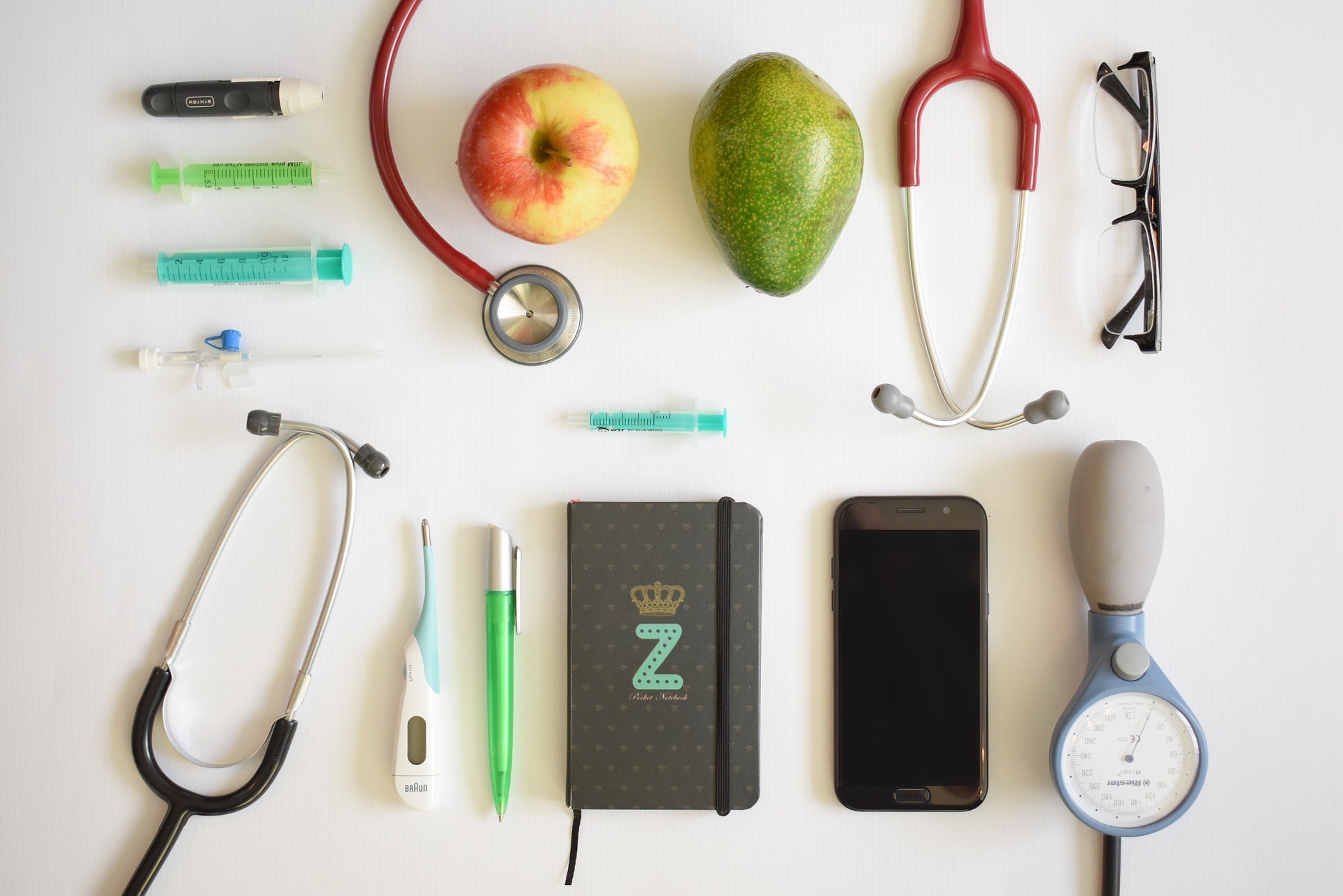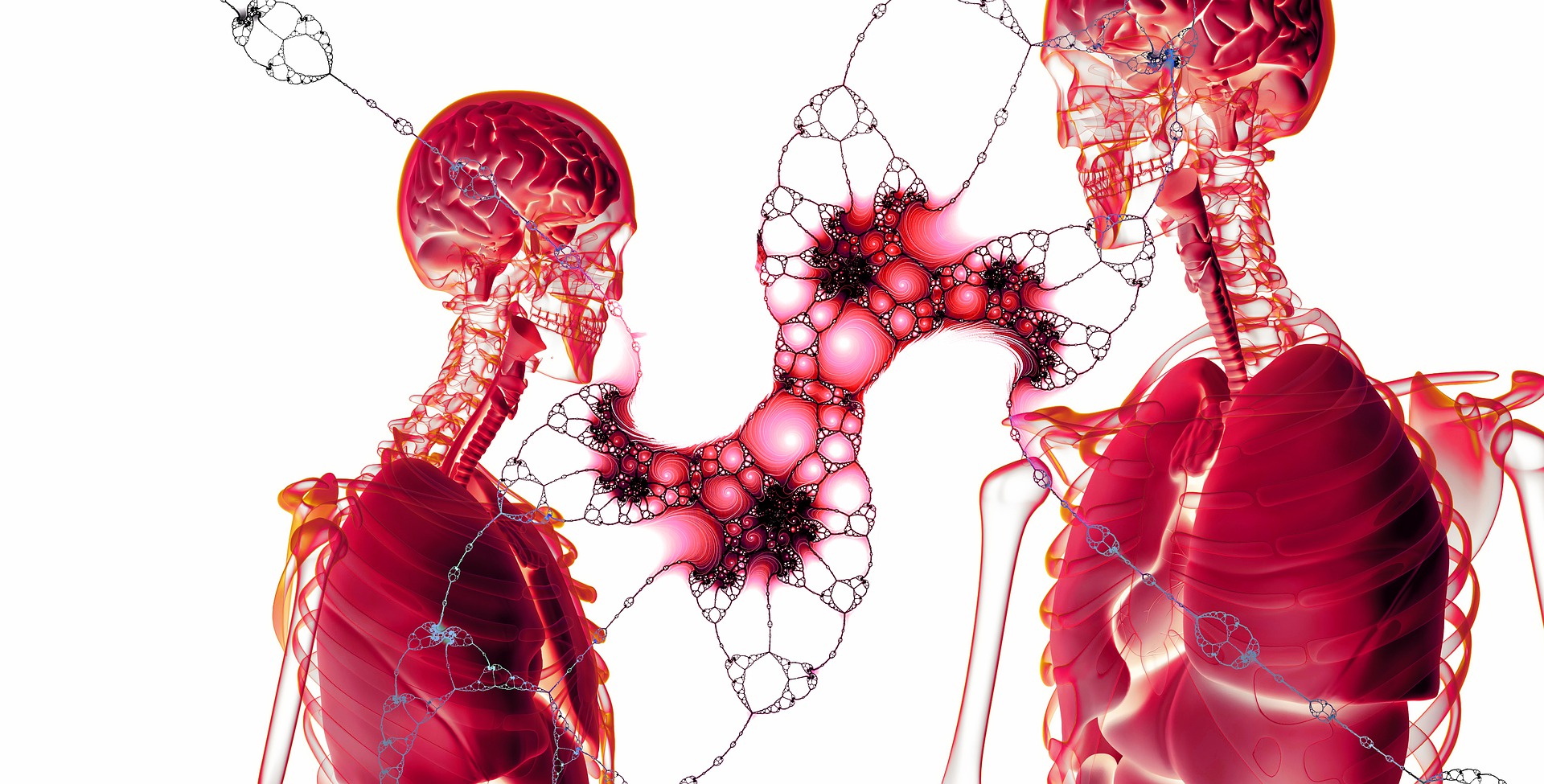What is DASH Diet For Hypertension

Hypertension, commonly known as high blood pressure, is a prevalent health issue that affects millions worldwide. Left unchecked, it can lead to serious cardiovascular problems, such as heart disease and stroke. Fortunately, there’s an effective dietary approach to help manage hypertension—the DASH (Dietary Approaches to Stop Hypertension) diet. In this article, we will explore the components, uses, benefits, and strategies of the DASH diet in the context of hypertension, along with its pros, cons, potential complications, and cost.
Components of the DASH Diet
The DASH diet emphasizes a balanced and heart-healthy eating plan, primarily composed of the following key components:
- Fruits and Vegetables: Rich in essential nutrients, fiber, and antioxidants, these foods play a central role in reducing blood pressure.
- Whole Grains: Opt for whole grains like brown rice, whole wheat bread, and oatmeal to promote heart health.
- Lean Proteins: Include lean sources of protein such as poultry, fish, and legumes, which are low in saturated fats.
- Dairy Products: Choose low-fat or fat-free dairy products to meet your calcium needs without excess saturated fat.
- Nuts, Seeds, and Legumes: These provide healthy fats, fiber, and protein, which are beneficial for blood pressure control.
- Limit Salt: Reduce sodium intake by avoiding processed foods, adding less salt during cooking, and reading food labels.
Uses and Benefits
The primary use of the DASH diet is to manage and prevent hypertension. Here are some of its remarkable benefits:
- Blood Pressure Control: The DASH diet is scientifically proven to lower blood pressure, making it an effective tool for individuals with hypertension.
- Heart Health: By promoting a diet rich in heart-healthy foods, it reduces the risk of heart disease and stroke.
- Weight Management: The DASH diet encourages a balanced calorie intake, which can aid in weight loss or maintenance.
- Improved Cholesterol Levels: It can help lower LDL (bad) cholesterol, further reducing cardiovascular risk.
- Reduced Risk of Diabetes: This diet’s emphasis on whole grains and low-sugar foods can contribute to better blood sugar control.
Strategy for Implemention
- Gradual Transition: Start by slowly incorporating DASH-approved foods into your diet to make the adjustment easier.
- Meal Planning: Plan balanced meals that include fruits, vegetables, whole grains, and lean proteins.
- Portion Control: Be mindful of portion sizes to avoid excessive calorie intake.
- Reducing Sodium: Gradually reduce salt intake and experiment with salt-free seasonings.
Diseases and Conditions Managed
Besides its effectiveness in managing hypertension, the DASH diet may also benefit individuals with:
- High Cholesterol: It can help lower LDL cholesterol levels.
- Diabetes: By promoting balanced nutrition, it aids in blood sugar control.
- Obesity: The DASH diet supports weight management, a crucial aspect of obesity management.
Cons of the DASH Diet
- Initial Adjustment: Some may find it challenging to adapt to a diet that restricts high-sodium and processed foods.
- Cost: Buying fresh fruits, vegetables, and lean proteins can be more expensive than processed alternatives.
Pros of the DASH Diet
- Proven Effectiveness: Numerous studies have demonstrated the DASH diet’s ability to lower blood pressure and improve heart health.
- Flexible: It offers flexibility in food choices within the recommended categories.
Complications and Considerations
- Nutrient Imbalance: In rare cases, strict adherence to the DASH diet without proper guidance can lead to nutrient imbalances.
- Individual Variations: Not everyone will experience the same degree of blood pressure reduction.
Cost of the DASH Diet
The cost of the DASH diet can vary depending on your location and dietary choices. While fresh fruits and vegetables may be more expensive in some areas, the long-term health benefits often outweigh the initial cost.
Summary
The DASH diet is a well-established dietary approach to manage hypertension effectively. By focusing on whole, nutrient-rich foods and reducing sodium intake, individuals can lower their blood pressure, reduce the risk of heart disease, and improve overall health. While it may require some adjustment and cost considerations, the long-term benefits of the DASH diet make it a worthwhile investment in your health.






1 Response